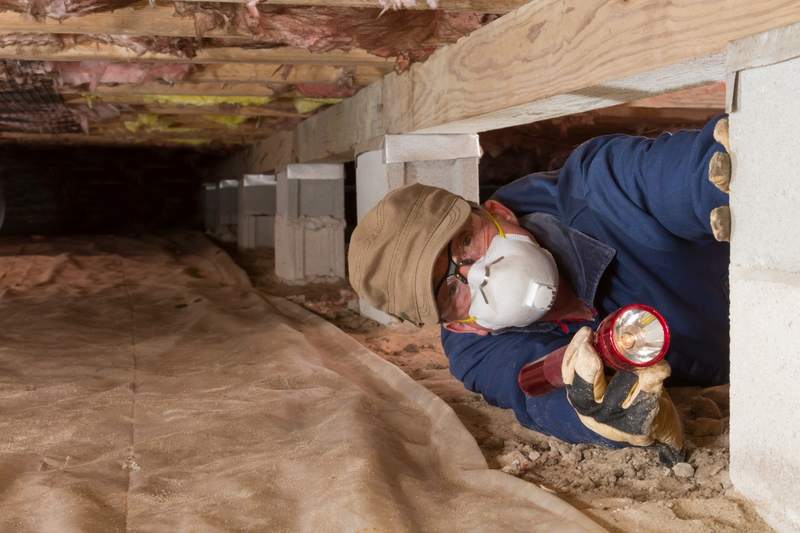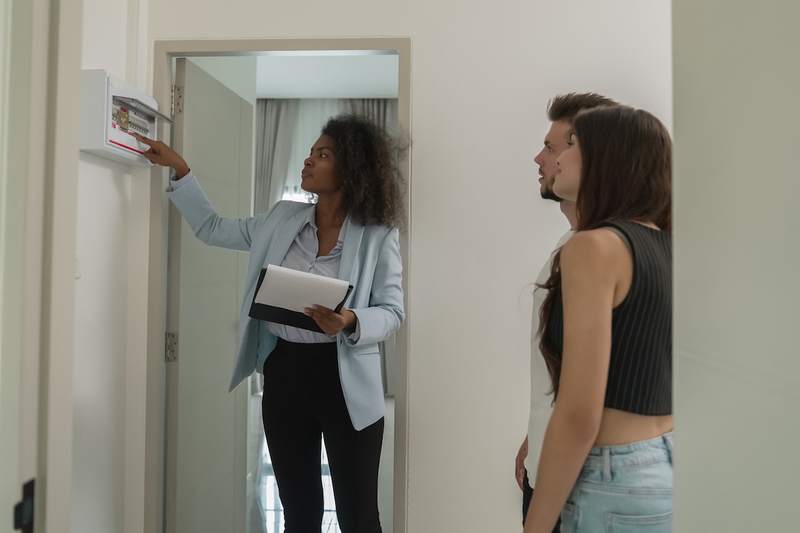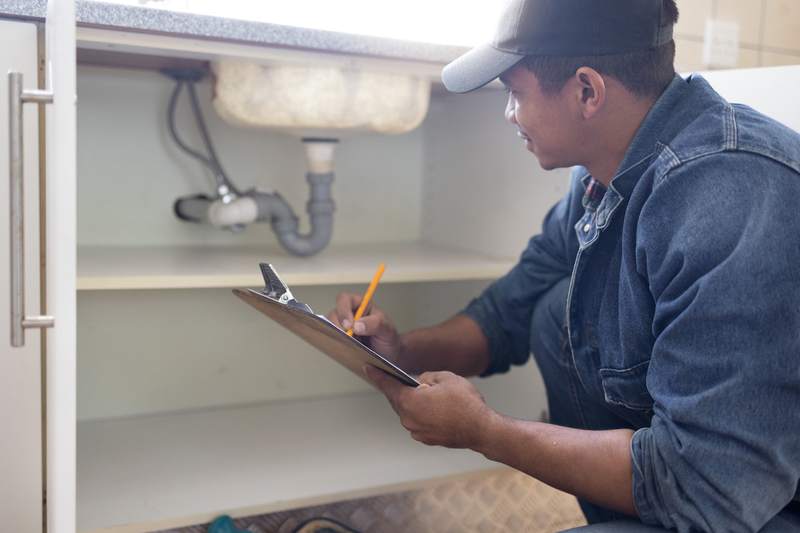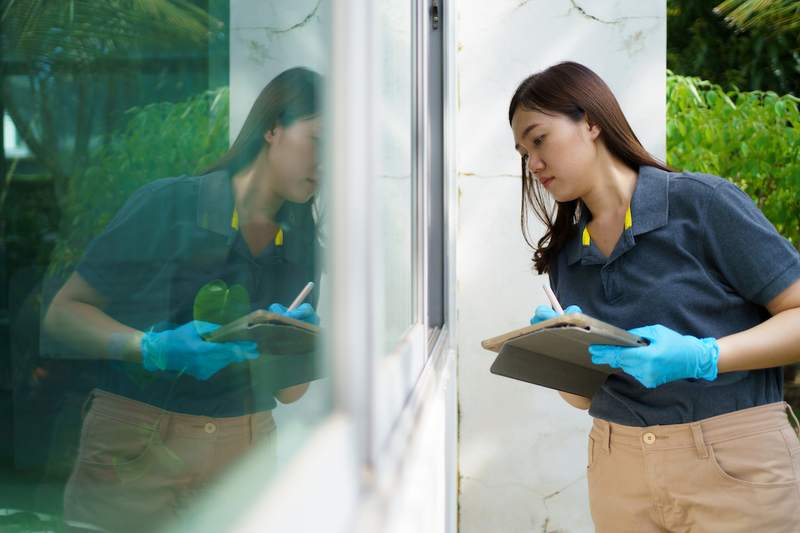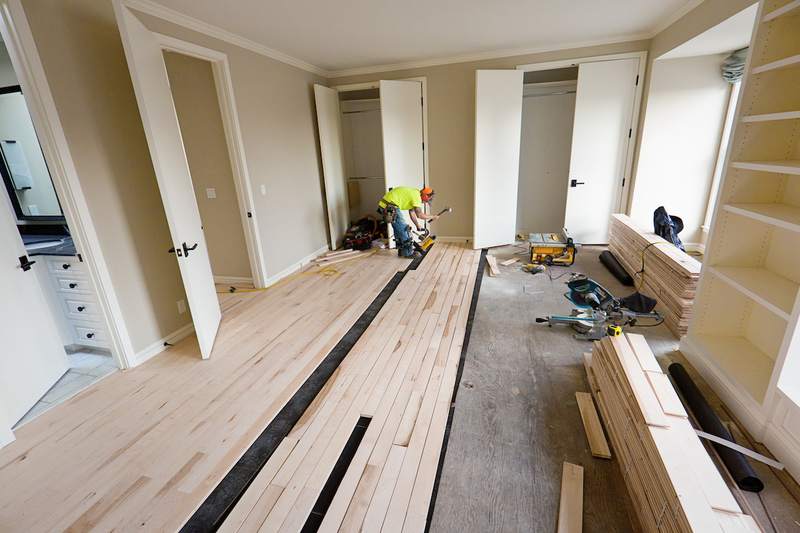
Closing on a house is the exciting final chapter in your homebuying story. Closing is when things start to get real, and the process can feel overwhelming if you’re walking into it cold.
Luckily, we’re here to walk you through how long closing takes and how it works, step by step.
9 Steps To Closing On a House
The closing process can be broken down into nine steps.
1. Sign the purchase agreement
How long it takes: 10 to 14 days (at most).
Once you make an offer and negotiate satisfactory terms with the seller, you’ll both sign a purchase agreement. This is a legally binding contract that spells out the details of the home sale, and includes the sale price, the conditions of the sale, and the target closing date.
There often is no deadline, but if the seller accepts your offer, it usually takes only a few days to finalize and sign a purchase agreement. Some offers may set a deadline, typically 10 to 14 days from when the offer is accepted, to finalize and sign.
2. Open escrow
How long it takes: Up to a week.
Next, it’s time to open escrow. That’s where a third party temporarily holds all funds and manages all payments related to the transaction. Escrow ensures an accurate, timely, and legal transfer of all funds to the correct parties. It’s often opened with the deposit of the buyer’s earnest money — also known as a good faith deposit — which usually is applied later to the down payment or closing costs.
3. Apply for a mortgage
How long it takes: 30 to 60 days for loan approval.
If you’re preapproved, you’ll have a head start. Just remember, mortgage preapproval isn’t a guaranteed loan offer. You still will need to fully apply for a mortgage and provide documentation, such as tax forms, bank statements, and pay stubs. The lender also will be looking at your credit score, employment history, and debt-to-income ratio.
The process by which lenders verify your financial information is known as underwriting, and it can take a few days or as long as a few weeks, depending on your finances.
Within three days after you submit a full mortgage application, the lender will send you a loan estimate containing details of the mortgage it expects to offer you. Since all lenders must use the same standardized loan estimate form, you can compare offers from different lenders and choose the one with the best terms for you. These terms are estimates until you receive the disclosure statement, which will arrive at least three days before your scheduled closing date.
4. Home inspection
How long it takes: Two to four hours.
You’ll want to schedule the home inspection as soon as possible. This is an important step where a third-party professional examines the home and reports on its condition.
Since a house may be the biggest purchase you ever make, it’s crucial that you know exactly what you’re buying. Should the home inspection reveal any major problems or flaws, and you have an inspection contingency in your purchase agreement, you can negotiate with the seller to have repairs made or paid for before closing — or walk away from the deal. If you skip the home inspection, you risk moving into a home that needs expensive repairs you’d have to pay for yourself.
5. Appraisal
How long it takes: Two days to one week.
The appraisal is different from the home inspection in that it’s about assessing the property’s value rather than its condition. Appraisals are conducted by licensed professionals who determine the fair market value of the home. The appraisal results are used to confirm for the lender that the loan amount is appropriate for the home’s value.
6. Get insured
How long it takes: Up to a few days.
You’ll need to purchase several types of insurance before closing on your new home. Homeowners insurance protects you financially from property damages and losses, as well as liability claims. You’ll also need title insurance, which protects you and the lender from any issues with the title, including past claims on the home or unpaid liens against the property. Depending on where you live, you also may want or need to buy flood or earthquake insurance.
7. Final walk-through
How long it takes: Up to a few hours.
Shortly before closing day, you’ll do a final walk-through of the home and inspect the property to confirm that it’s in acceptable condition. If the seller agreed to make repairs, this is your chance to make sure they’ve been completed. If the sale includes furnishings or appliances, you can check to see that they’re accounted for.
8. Finalize the mortgage
How long it takes: Three days.
At least three business days before your closing, you’ll receive a closing disclosure from your mortgage lender. This five-page document contains important final details about the loan terms, including your projected monthly payments and closing costs. The three-day window allows you to compare the closing disclosure to the loan estimate and ask your lender any questions you may have.
9. Prepare for closing day
How long it takes: A couple of hours.
On closing day, you’ll sign all the paperwork and pay your closing costs. Your loan will be funded, and the money in the escrow account will be paid out to the correct parties. The title will be transferred to you, and you’ll finally get the keys to your new home.






